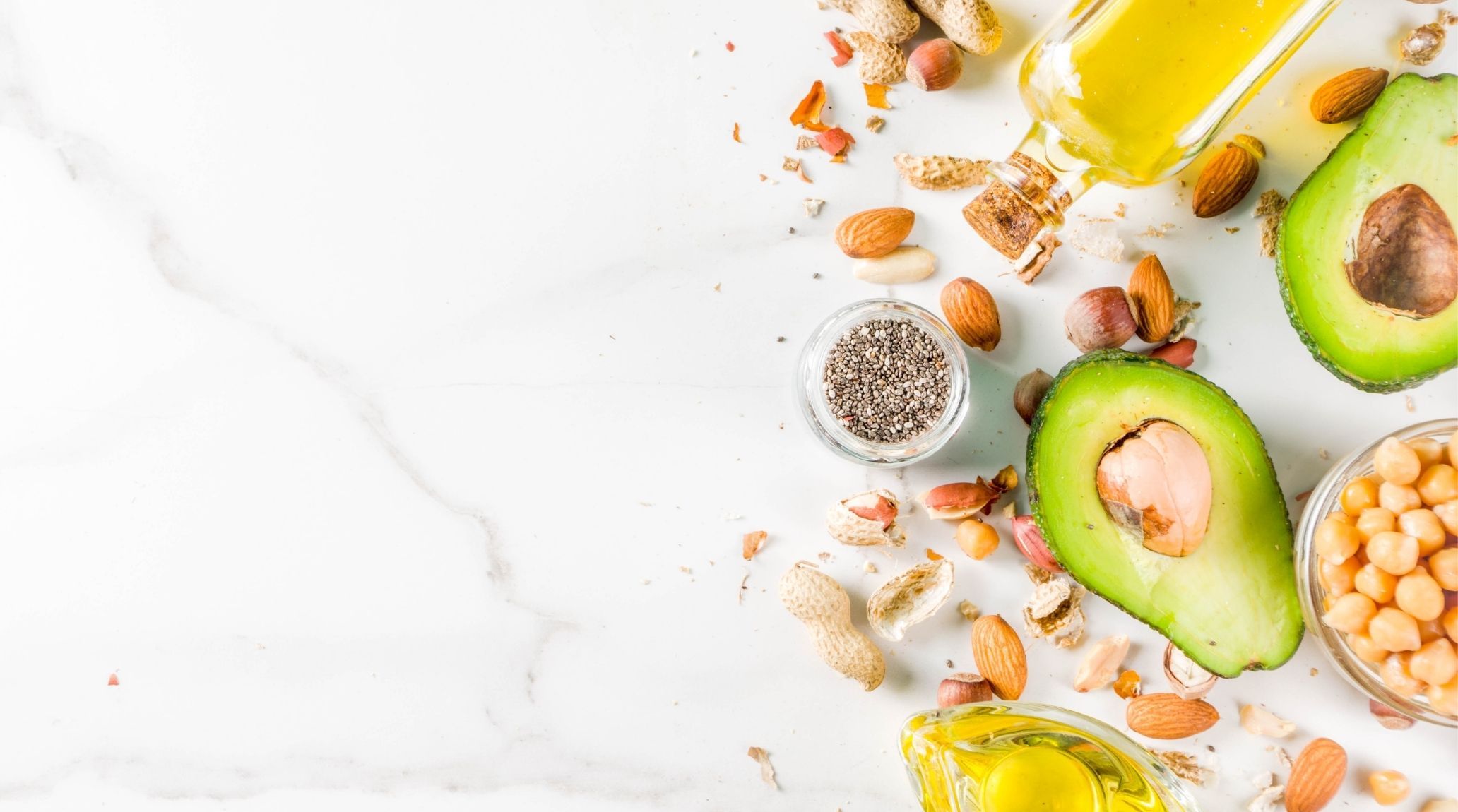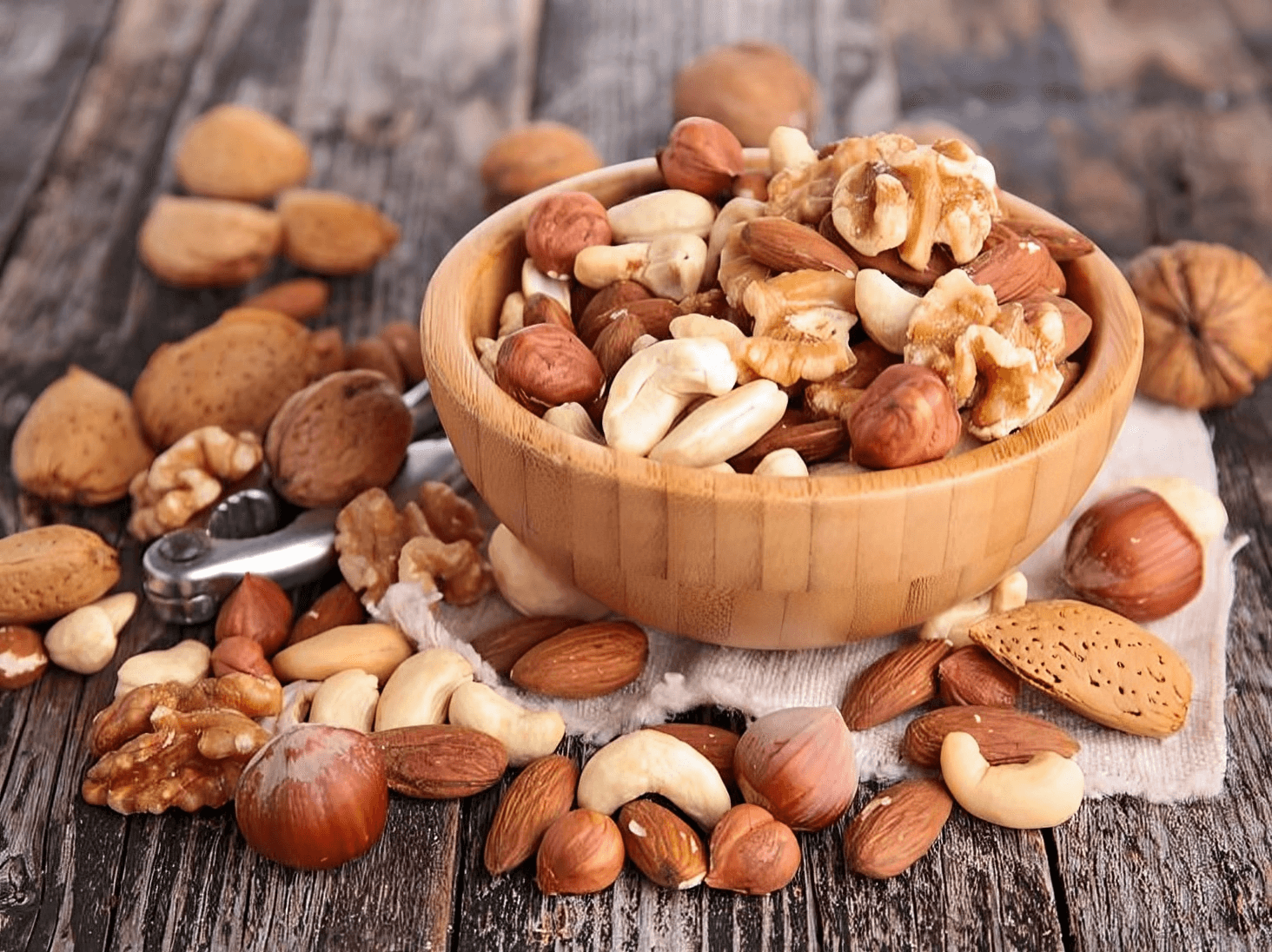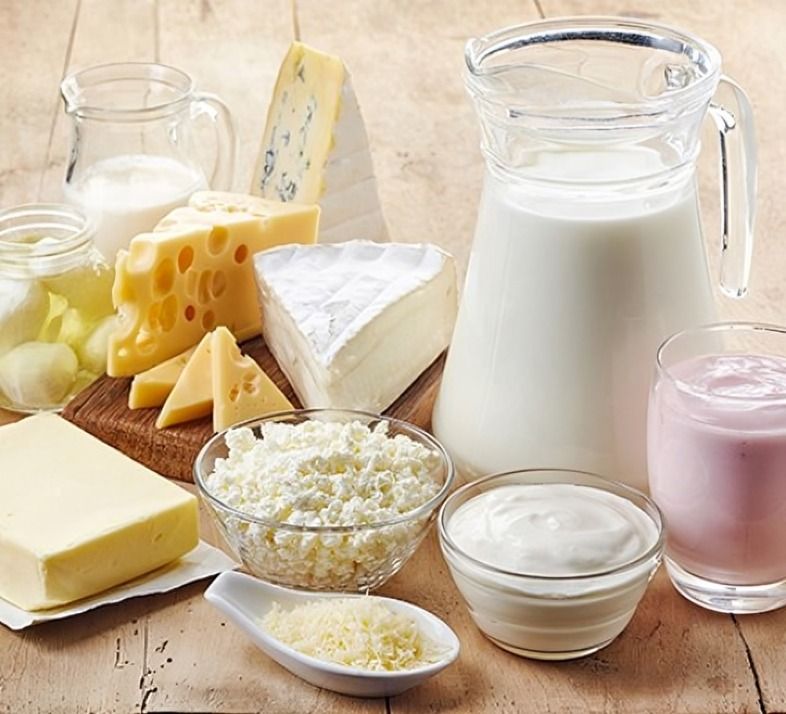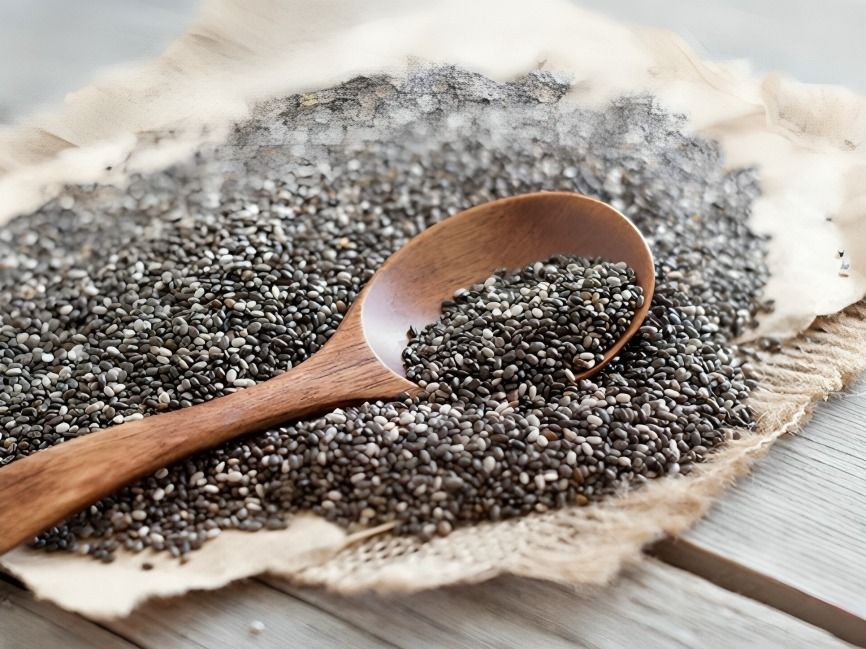
“
Fats are one of the three primary macronutrients, essential for energy storage, hormone production, and cell function. Despite their bad reputation, not all fats are harmful—many are necessary for optimal health. In this article, we’ll explore 20 Interesting facts about fats, breaking down their benefits, potential risks, and how to incorporate the right kinds into your diet. From omega-3s to saturated fats, these facts will give you a well-rounded view of how fats support your overall well-being.1
1
”
A small amount of fat is crucial for a balanced diet, providing essential fatty acids that the body cannot produce. Fat also aids in the absorption of fat-soluble vitamins A, D, and E, which require fat to be properly absorbed. 1
Avocados are rich in healthy monounsaturated fats, which support heart health by reducing bad cholesterol levels. They also provide vitamins E, K, and C, promoting skin health and immune function. 2
Olive oil is a staple in Mediterranean diets and is high in monounsaturated fats, particularly oleic acid. It has been linked to numerous health benefits, including reduced inflammation and improved heart health. 3

Nuts, such as almonds, walnuts, and cashews, are excellent sources of healthy fats, protein, and fiber. They contain omega-3 fatty acids, which support brain health and reduce inflammation.
Seeds like chia, flaxseeds, and pumpkin seeds are packed with healthy fats, particularly omega-3 and omega-6 fatty acids. They provide essential nutrients, including fiber and protein, promoting digestive health and muscle maintenance. 4
Fatty fish, such as salmon, mackerel, and sardines, are rich in omega-3 fatty acids, which support heart and brain health. They also provide high-quality protein and essential vitamins like D and B12. 5

Dark chocolate contains healthy fats from cocoa butter and is rich in antioxidants. It has been associated with improved heart health, reduced inflammation, and enhanced mood.
Coconut oil is high in saturated fats, particularly medium-chain triglycerides (MCTs), which may boost metabolism and support weight management. It is also known for its antimicrobial properties and can improve skin health when applied topically. 6

Full-fat dairy products, such as yogurt, cheese, and milk, contain saturated fats and essential nutrients like calcium and vitamin D. These foods can support bone health and may help with weight management when consumed in moderation.

Eggs are a nutrient-dense food containing healthy fats, protein, vitamins, and minerals. The yolk is rich in omega-3 fatty acids, supporting brain health and reducing inflammation.
Nut butters, such as almond or peanut butter, are excellent sources of healthy fats and protein. They provide essential nutrients, including vitamin E and magnesium, supporting heart health and muscle function. 7
Cheese is a rich source of healthy fats, protein, and calcium, contributing to strong bones and teeth. It contains vitamins A and B12, supporting immune health and energy metabolism. 8
Flaxseeds are high in omega-3 fatty acids and fiber, promoting heart health and aiding digestion. They can be added to smoothies, oatmeal, or baked goods for an extra nutrient boost. 9

Chia seeds are an excellent source of omega-3 fatty acids and fiber, supporting digestive health and reducing inflammation. They can absorb water and form a gel-like consistency, making them a great addition to smoothies or puddings.
Soy products like tofu and tempeh are good sources of healthy fats and protein. They provide essential amino acids, vitamins, and minerals, supporting muscle growth and overall health. 10
Fatty cuts of meat, such as ribeye and pork belly, provide saturated fats and essential nutrients like iron and zinc. They can support muscle growth and overall health when consumed in moderation. 11
Pesto, made from olive oil, nuts, and cheese, is a flavorful source of healthy fats. It provides monounsaturated fats and essential nutrients, enhancing the taste of various dishes. 12
Hemp seeds are a complete source of protein and contain healthy fats, including omega-3 and omega-6 fatty acids. They provide essential nutrients like magnesium and iron, supporting muscle function and energy metabolism. 13
Butter, while often considered unhealthy, contains short-chain fatty acids and fat-soluble vitamins A, D, E, and K. It can enhance flavor in cooking and baking when used in moderation.14
Bacon is high in saturated fats and provides protein and essential nutrients like B vitamins. While it should be consumed in moderation, bacon can add flavor to various dishes. 15


